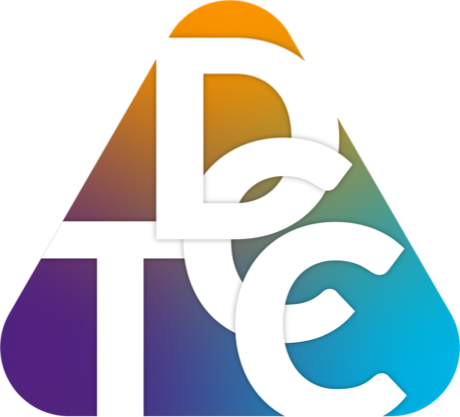TDCC-NES Challenge projects
General information
The Challenge funding strand is intended for mid-sized projects with a duration of 12 – 30 months and a budget between €50,000 – €400,000. These projects are intended to respond to one or more challenges defined in TDCC-NES roadmap and should be collaborative projects from the domain, developed through a transparent and community-led process:
- FAIR data
- Sustainable software and e-science
- Connections to the international activities
- Long-term data archiving
- Locate computing capacity close to the storage
- Human capital
- Cross-field collaborations
